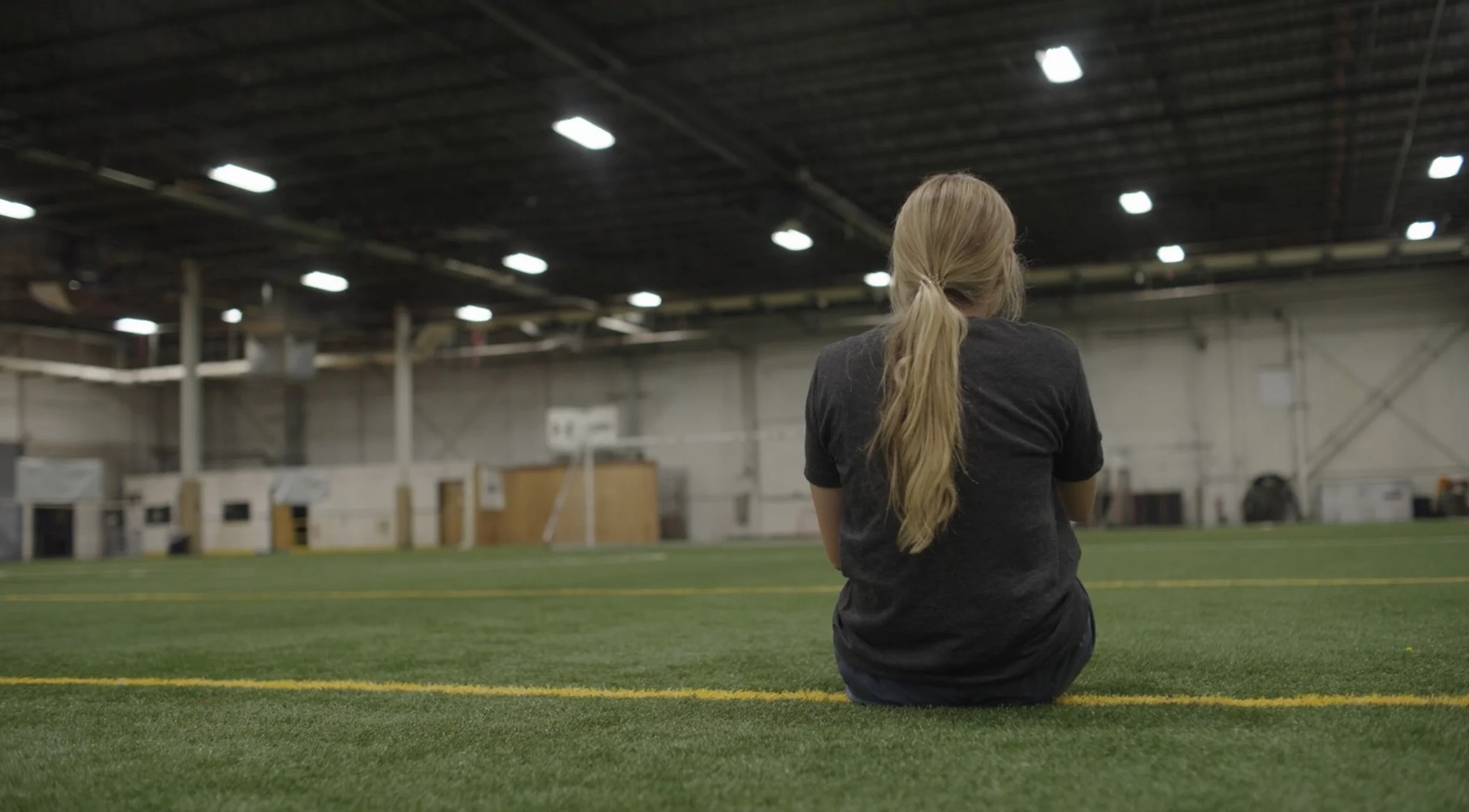Sleep, Stress, and Hormones: What Every Female Athlete Should Know About Recovery
Training hard is important, but rest and recovery are just as important if you want to stay strong, avoid injury, and feel your best. A lot of girls don’t realize that things like sleep, stress, and hormones all play a big role in how your body bounces back after workouts.
Let’s break it down to understand this better!
Sleep: Your Body’s Secret Superpower
When you sleep, your body does some of its best healing work. For female athletes, good sleep helps with:
Decreasing muscle soreness
Keeping your mind sharp
Balancing your hormones
Staying focused and energized
What Happens if You Don’t Sleep Enough:
You’re slower, clumsier, and get tired faster.
Which makes you more at risk for injury!
Your muscles don’t repair as well.
You might feel extra moody or stressed—especially around your period.
Sleep Tips:
Go to bed and wake up at the same time—even on weekends.
Don’t have caffeine past noon (or at all)!
Don’t work out super late at night.
Make your room dark and quiet (use a sleep mask if needed).
Track your period—some parts of your cycle can make sleep harder.
Stress: The sneaky energy drainer
Stress isn’t just about feeling nervous. It can come from schoolwork, sports pressure, drama with friends or family—even doing too much at once. When you're stressed, your body makes a hormone called cortisol. A little is okay, but too much can slow down muscle recovery, make you feel tired, anxious, or sick, and mess with your sleep.
How to Chill Out:
Try breathing exercises (meditation), stretching, or light yoga.
Take real rest days—mentally and physically.
Talk to someone you trust if you’re feeling overwhelmed.
Listen to music, journal, or take short breaks from social media.
Hormones: The cycle that changes everything
Your menstrual cycle affects more than just your period. It changes your:
Energy levels
Mood
Strength
Recovery speed
Here's a Quick Breakdown:
Days 1–14 (before ovulation): You usually feel stronger and have more energy. Your body recovers faster.
Around Day 14 (ovulation): You might feel powerful, but your joints are looser—so injuries like ankle sprains or knee problems are more likely.
Days 15–28 (before your period): You may feel more tired or sore, and workouts might feel harder.
During your period: Some girls feel strong, others feel crampy or blah. Both are normal!
Hormone Smart Tips:
Notice how your body feels each week—keep a cycle journal.
Adjust your workouts based on how you feel.
Know that your cycle isn’t a weakness—it’s part of your strength!
Make sure to talk to someone if you are missing your period.
Big Picture: It’s All Connected
Not sleeping? That can make you more stressed—and mess with your hormones.
Too much stress? That can mess up your sleep and slow recovery.
Hormone changes? They affect both sleep and stress.
So yeah—your body is one amazing, connected system. Taking care of all of it is key to performing your best.
Final Thoughts: Recovery = Smart, Not Lazy
Taking rest seriously doesn’t mean you’re slacking. It means you’re being smart
Remember:
Sleep helps you get stronger.
Managing stress helps your body bounce back.
Understanding your cycle helps you train smarter.
Because the better you know your body, the stronger and more confident you’ll become—on and off the field.



